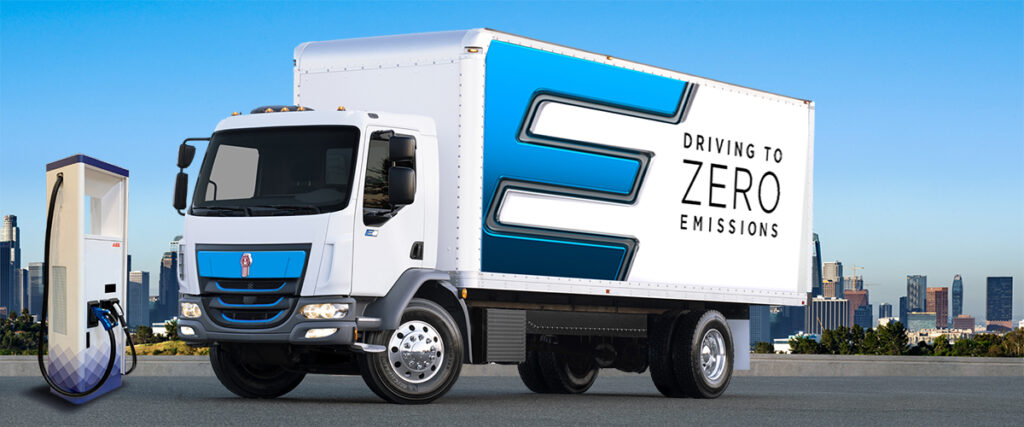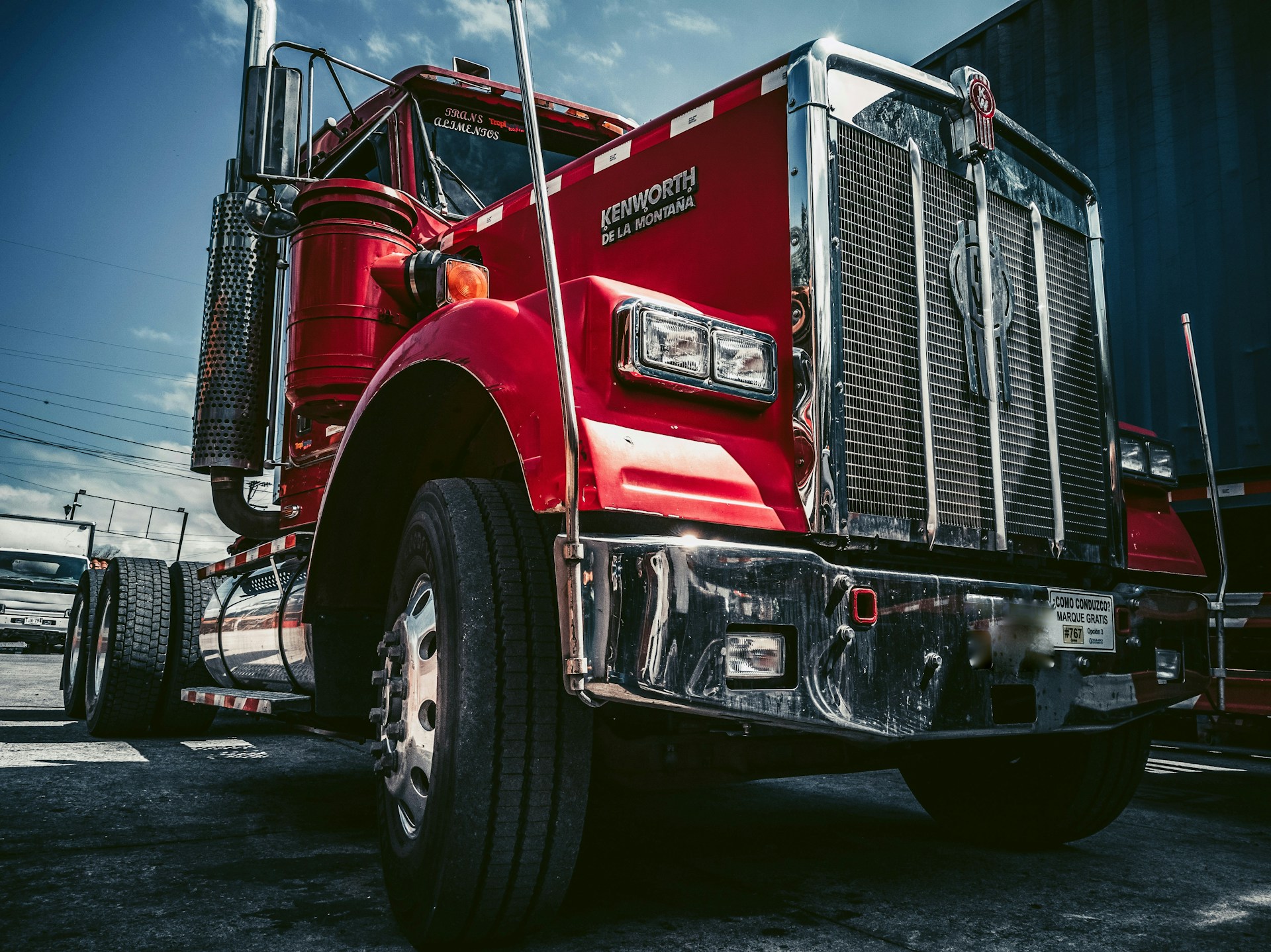
There has been extensive discourse surrounding the rise of zero-emission medium- and heavy-duty vehicles, including their impact on the transportation sector, especially in regard to trucking. In a diesel fueled industry: what are zero-emission vehicles?
Zero-Emission Vehicles
Zero-emission vehicles (ZEVs) are vehicles that produce no emissions of greenhouse gases or other pollutants during operation. The design is focused on significantly reducing or eliminating emissions that contribute to air pollution and climate change. Culprits include carbon dioxide (CO2), nitrogen oxides (NOx), particulate matter (PM), as well as other harmful pollutants. Various energy sources, including electricity, hydrogen fuel cells, and renewable fuels such as biofuels, are used to power ZEVs.
The main types of zero-emission vehicles include:
- Battery Electric Vehicles (BEVs): BEVs are powered entirely by electricity stored in rechargeable batteries. They produce zero tailpipe emissions and are typically charged by plugging into an electric power source. Sources include charging stations or standard electrical outlets.
- Hydrogen Fuel Cell Vehicles (FCVs): FCVs use hydrogen gas as a fuel and convert it into electricity through a chemical reaction with oxygen in the air. In turn, this generates power to drive an electric motor. The only byproduct of this process is water vapor, making FCVs emission-free during operation.
- Plug-in Hybrid Electric Vehicles (PHEVs): PHEVs combine a conventional internal combustion engine with an electric motor and a battery pack. They operate in all-electric mode for a certain range of time. Then, it switches to the internal combustion engine or can use both power sources simultaneously. While emitting some carbon, PHEVs are considerably more efficient, cleaner, and quieter than traditional internal combustion engine vehicles.
Learn more from Heavy-Duty Truckinginfo about Kenworth’s wireless charging capabilities, here.
Technological Improvements
Replacing old, high-polluting diesel- and gasoline-powered heavy-duty trucks with clean, quiet, electric hybrid vehicles can significantly reduce transportation sector emissions and improve air quality.
Going Green
The future is eco-friendly. Zero-emission medium- and heavy-duty trucks represent a promising solution for decarbonizing the transportation sector and transitioning to a more sustainable, environmentally friendly future. Continued investment in research, development, and infrastructure can be crucial to understanding the long-term effects of not only how these vehicles operate, but how they affect the environment as well as human health and quality of life.
Read more of our Zero-Emissions blog content, here.
Learn more about our locations, here: Coopersburg Kenworth, Liberty Kenworth of Swedesboro, TRP Pottstown, and Liberty Kenworth of Bristol.
Get the Latest Trucking News, Tips & More
"*" indicates required fields


